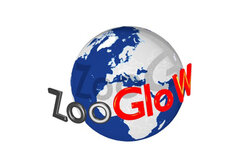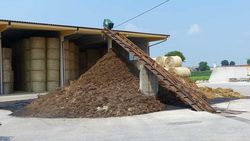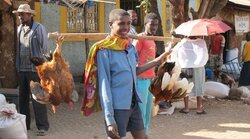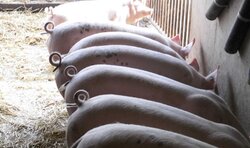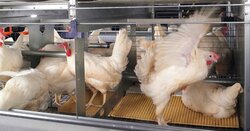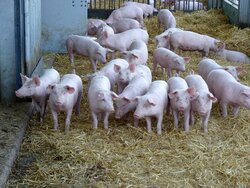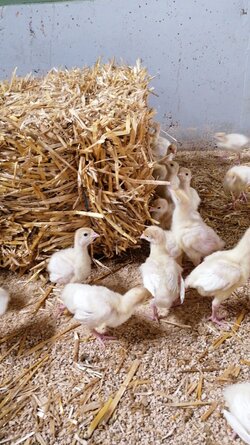Pork and poultry are the most popular types of meat in Germany. Of the total of around 55 kg of meat consumed, pork accounted for around 31 kg and poultry for around 13 kg in 2021 - with a significant decrease in pork for several years. In recent years, the production of pork has also decreased significantly, and there has been a slight decrease in poultry. The Covid19 pandemic and the occurrence of African Swine Fever in 2021 and the associated export restrictions have led to a severe crisis in the pig sector, with Germany also losing its position as the largest pork exporter. In addition, there are regional environmental problems and animal welfare issues that are being discussed more and more critically by society and also addressed by politicians.
Against his background we address the following questions:
- How do economic and political framework conditions affect the competitiveness of the farms?
- What are drivers of the current development? How did farm-level costs and returns develop in the past?
- How does the structural change affect German pig and poultry farms?
- What are the costs (and returns) associated with production systems which are more environmental friendly and provide higher levels of animal welfare?
- How can pig and poultry farms reduce the negative impacts on environment and animal welfare without losing their competitiveness?
Because of the dependence on exports, these questions can only be answered in an international context. Therefore, a large part of the work takes place in the context of the agri benchmark Pig Network, which is coordinated by the institute. Furthermore, the institute is an active member of the international InterPIG network.



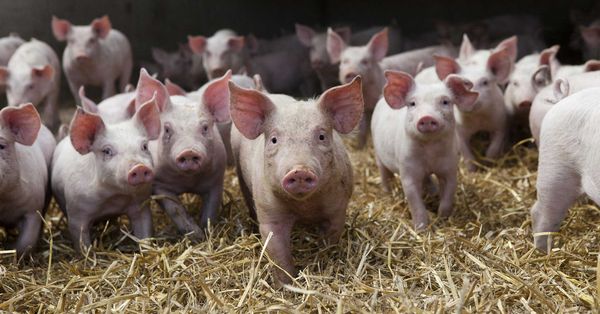
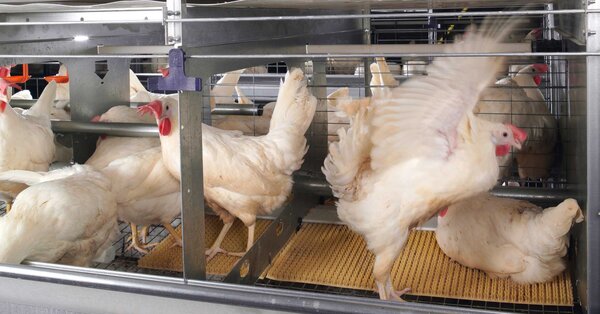
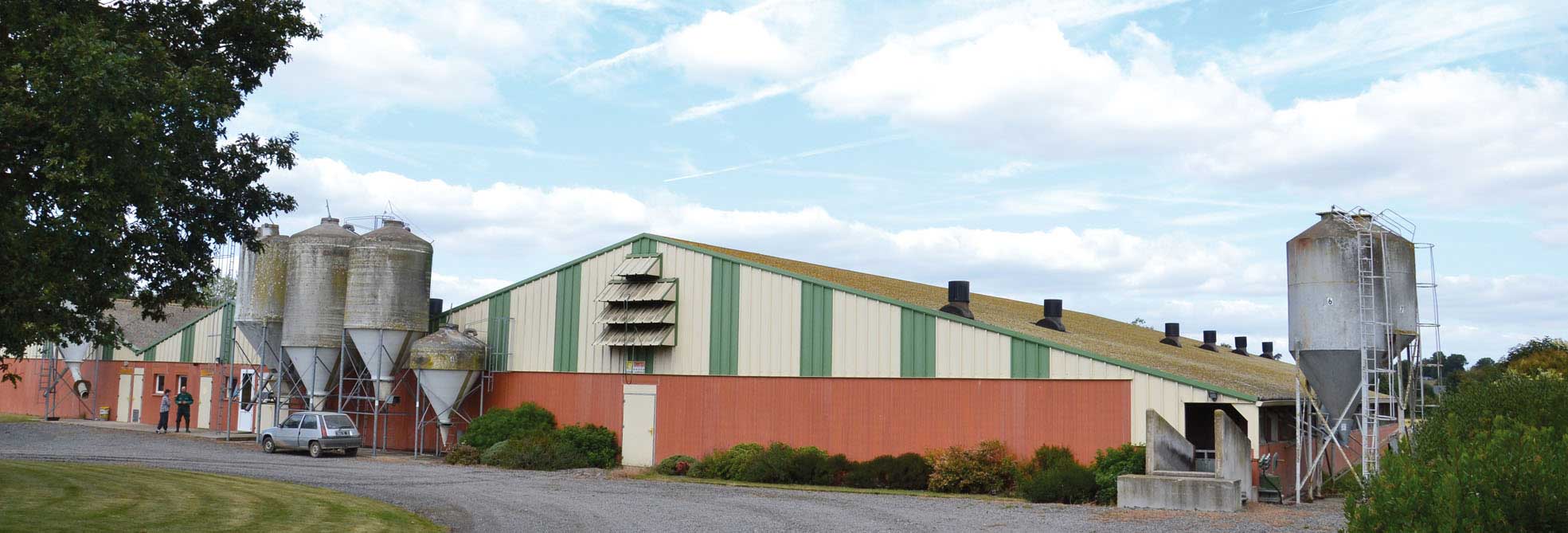
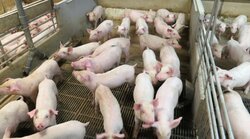
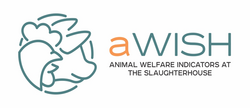
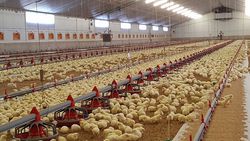
![[Translate to English:] Cost of pig production](/media/_processed_/0/4/csm_773_Produktionskosten-Schweinefleischerzeugung_agri-benchmark_dae6c3440b.jpg)
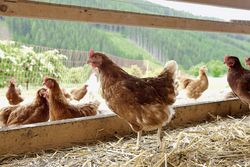
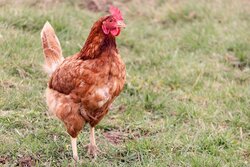
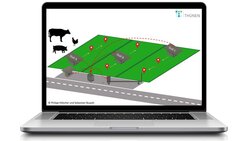
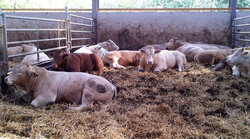
![[Translate to English:] Valorisation of agricultural production wastes through fermentation into pig and poultry feed](/media/_processed_/c/8/csm_2783_Fotocollage_Stephanie-Witten_ed68e6a563.png)
